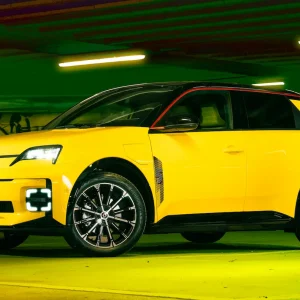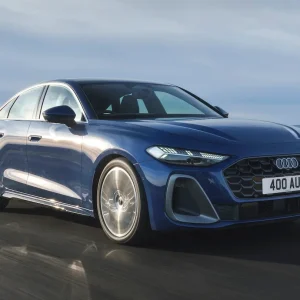When it comes to vehicle selection, it’s easy to make assumptions without checking out the facts.
One such assumption is that hybrids provide a more efficient option than a standard petrol or diesel model, but as our vehicle trials have shown, this isn’t always the case.
In the past few years, hybrid models have grown in popularity and for good reason. They combine practicality with efficiency and can deliver great fuel economy.
But in parallel, we have also seen big improvements in standard petrol and diesel models as emissions have come down and mpg performance has increased.
This is exactly why we launched our vehicle trials last year. It’s really important to be able to benchmark newer technologies as they become available against the more traditional models.
As far as we are concerned, the only way to do this accurately is to set up a standard test route and get behind the wheel yourself, generating insight first-hand.
This is especially pertinent because even with a level of vehicle information, it can be hard to get a true picture. While I’m sure they are not looking to deceive anyone, the mpg and range performance that manufacturers promote is driven by the requirements of the NEDC test cycle.
The test cycle does ensure that all vehicles are tested in a completely uniform way but this means it can take no account of location or driver.
The problem is that we rarely drive in perfect conditions and factors like weather, uneven road surfaces and driver behaviour all have the capacity to impact performance.
The message here is not to make assumptions. Before making any decisions, get sight of the facts, including independent reviews so that you can effectively compare.
New vehicle technologies have a big place in the market, but as with more traditional variants, some models are better than others.





